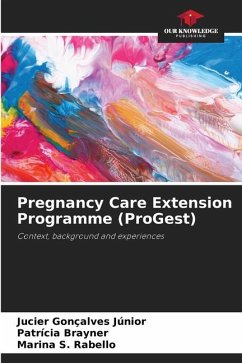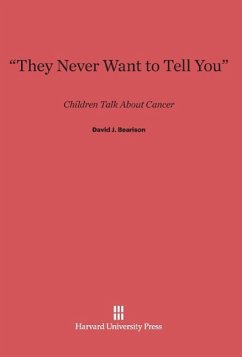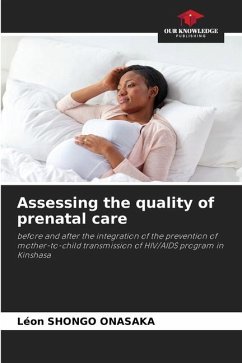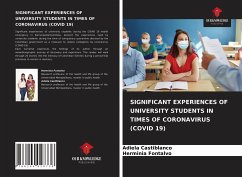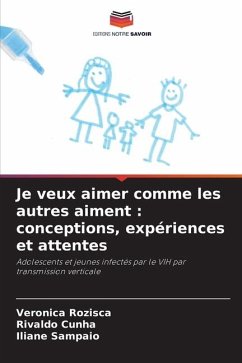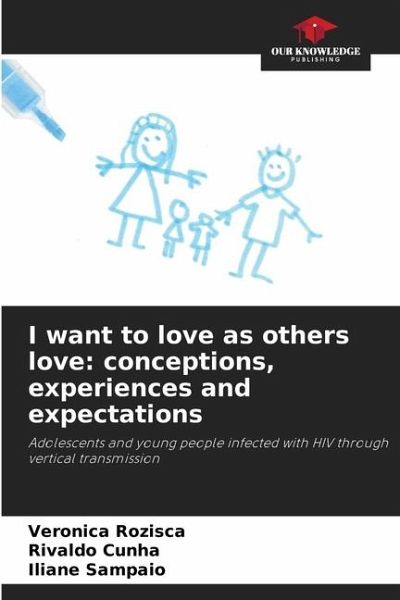
I want to love as others love: conceptions, experiences and expectations
Adolescents and young people infected with HIV through vertical transmission
Versandkostenfrei!
Versandfertig in 6-10 Tagen
37,99 €
inkl. MwSt.

PAYBACK Punkte
19 °P sammeln!
The increase in the lifespan of people living with HIV has allowed the first generation of people infected through vertical transmission to benefit and has contributed to them being over fifteen years old today. These were the participants in this qualitative study, the result of a master's thesis in Infectious and Parasitic Diseases (FAMED/UFMS), Brazil. This book is aimed at readers interested in finding out about this generation: what their conceptions are - how they conceive of the personal criteria for selecting their partners, homosexual relationships and the moral criteria used to diffe...
The increase in the lifespan of people living with HIV has allowed the first generation of people infected through vertical transmission to benefit and has contributed to them being over fifteen years old today. These were the participants in this qualitative study, the result of a master's thesis in Infectious and Parasitic Diseases (FAMED/UFMS), Brazil. This book is aimed at readers interested in finding out about this generation: what their conceptions are - how they conceive of the personal criteria for selecting their partners, homosexual relationships and the moral criteria used to differentiate the people with whom they should have an affective relationship. Experiences - of prejudice as a result of their HIV-positive status in various environments, and they described the locations of their love encounters, as well as the love experiences themselves. The fear of being rejected because of their HIV status and of transmitting HIV permeates the various forms of coping in hetero and homoaffective relationships, including the strategy used to reveal their HIV status to their partner and the motivation to adhere to treatment and condom use. They hope to marry and have HIV-negative children.





